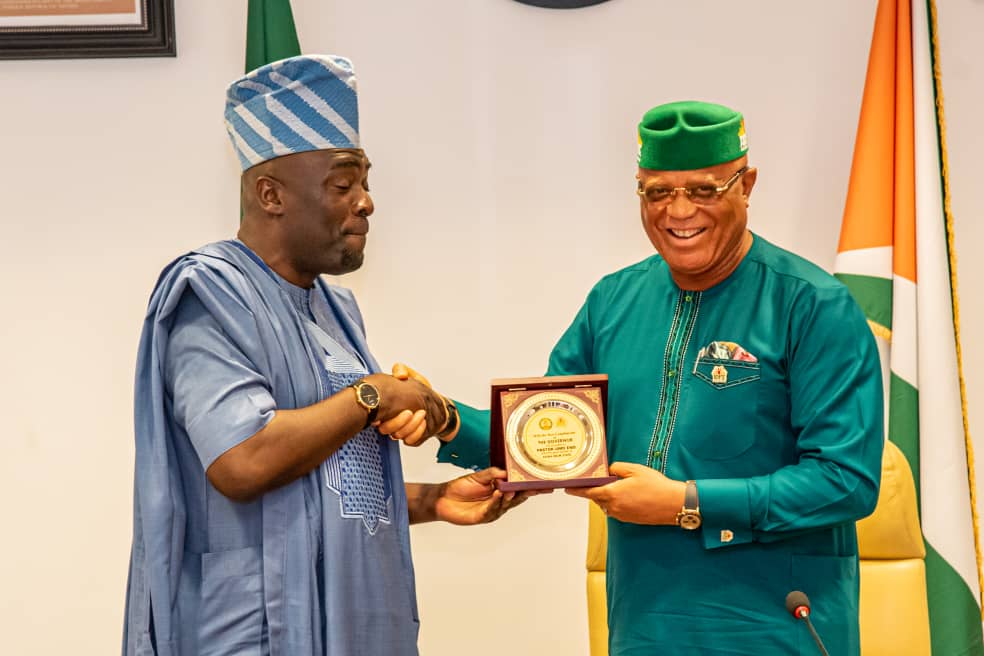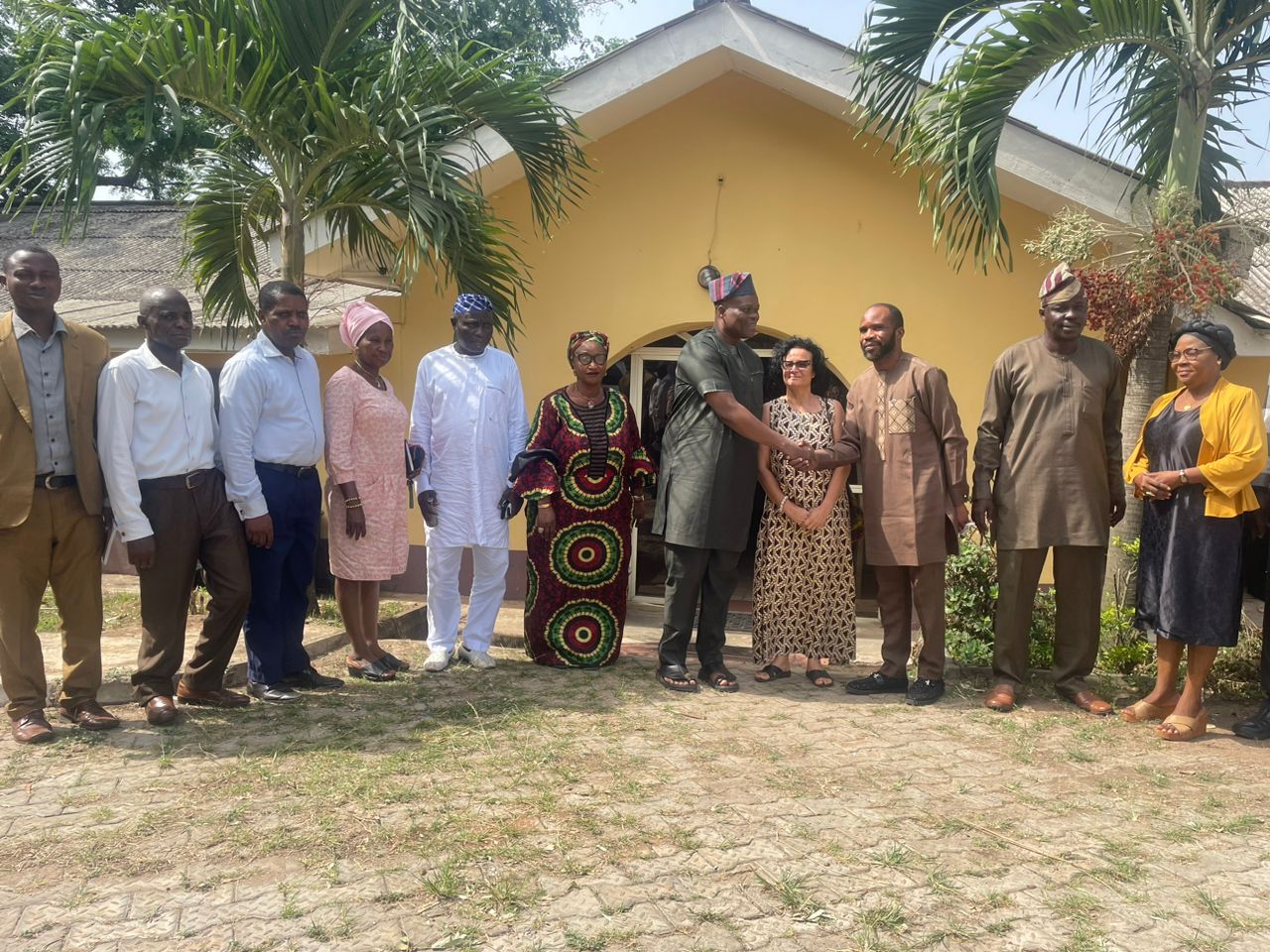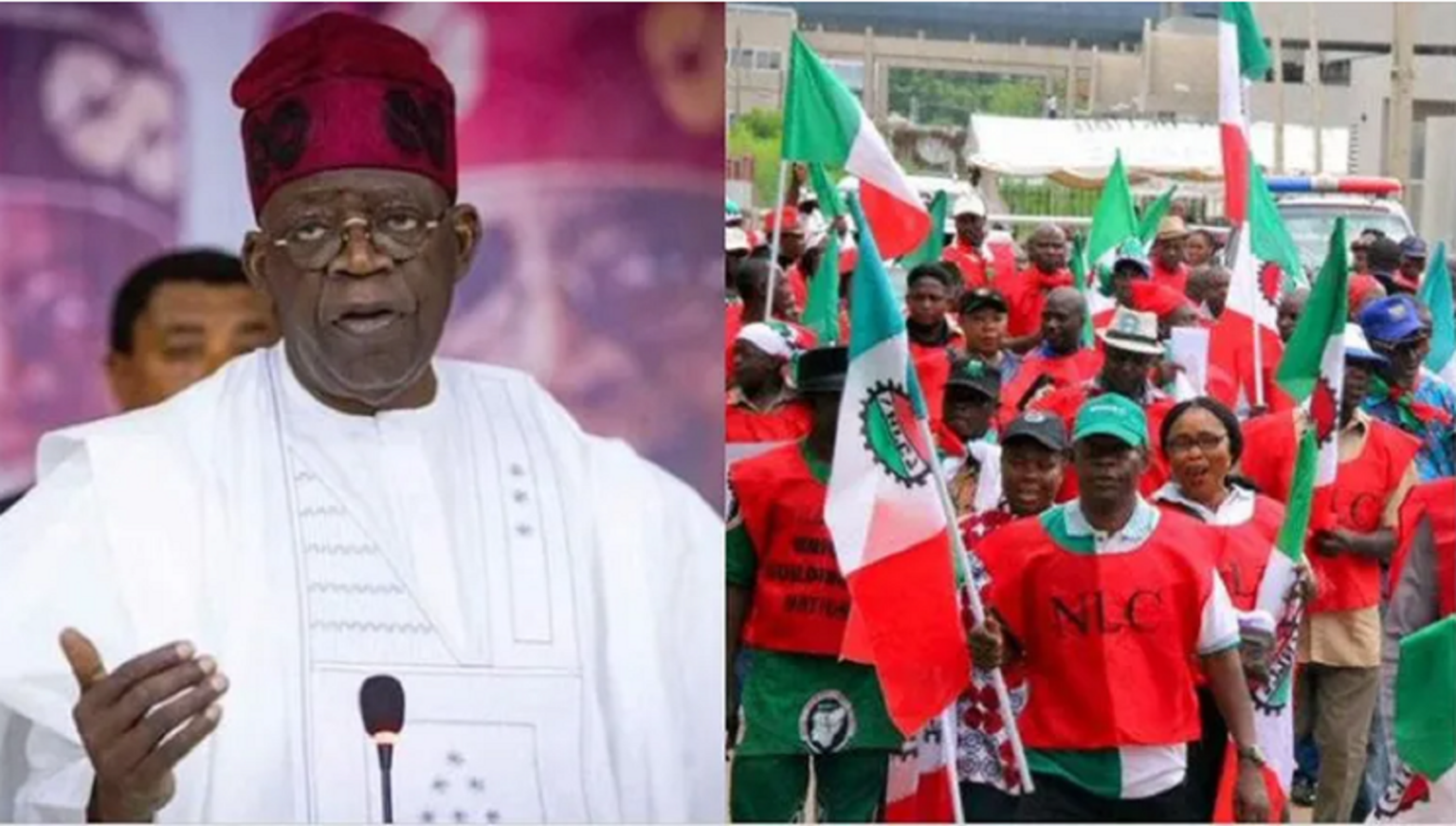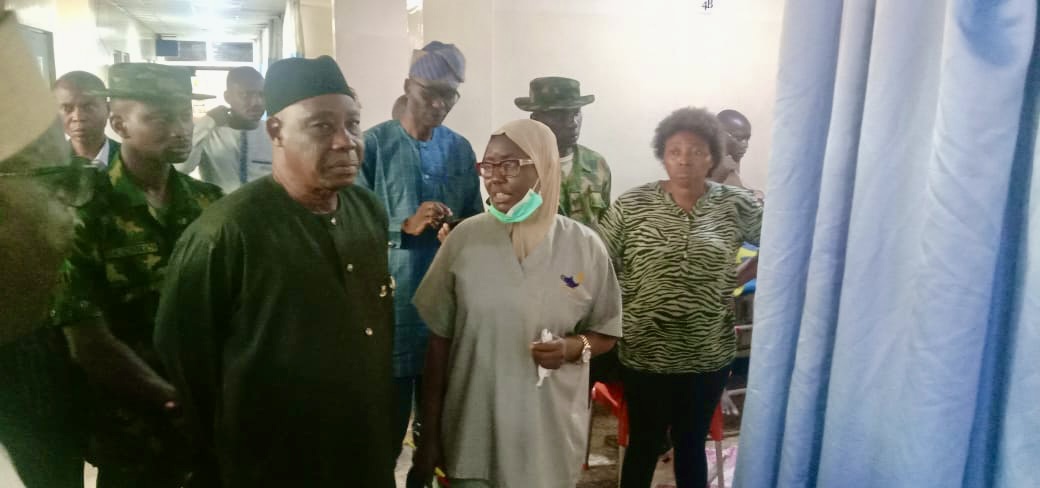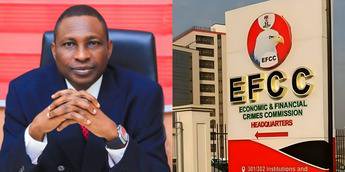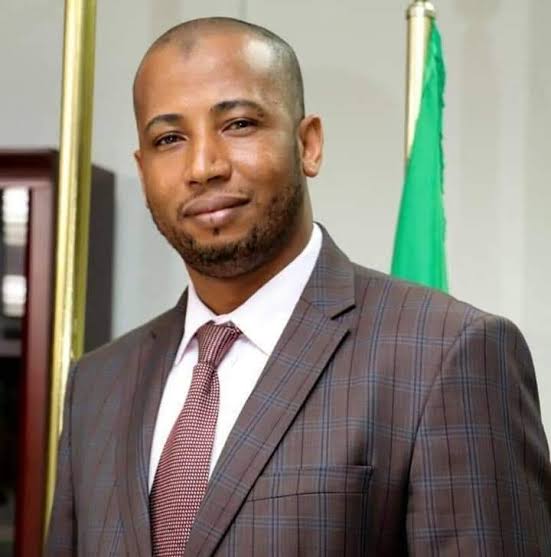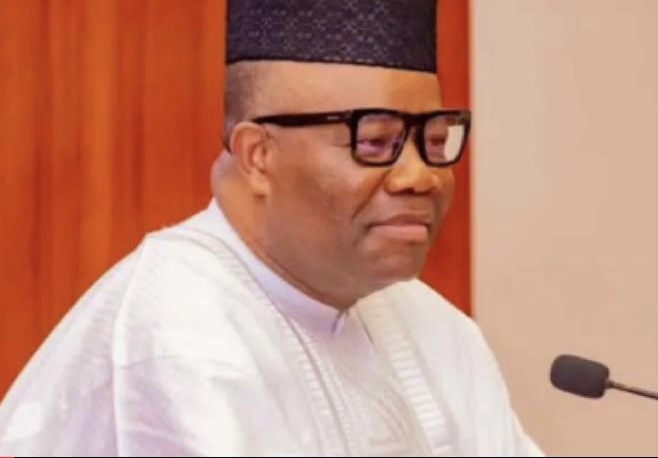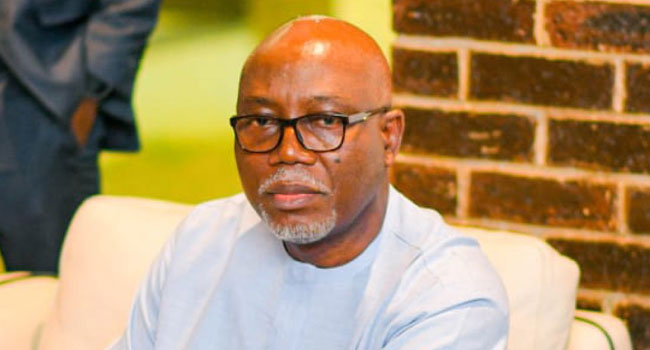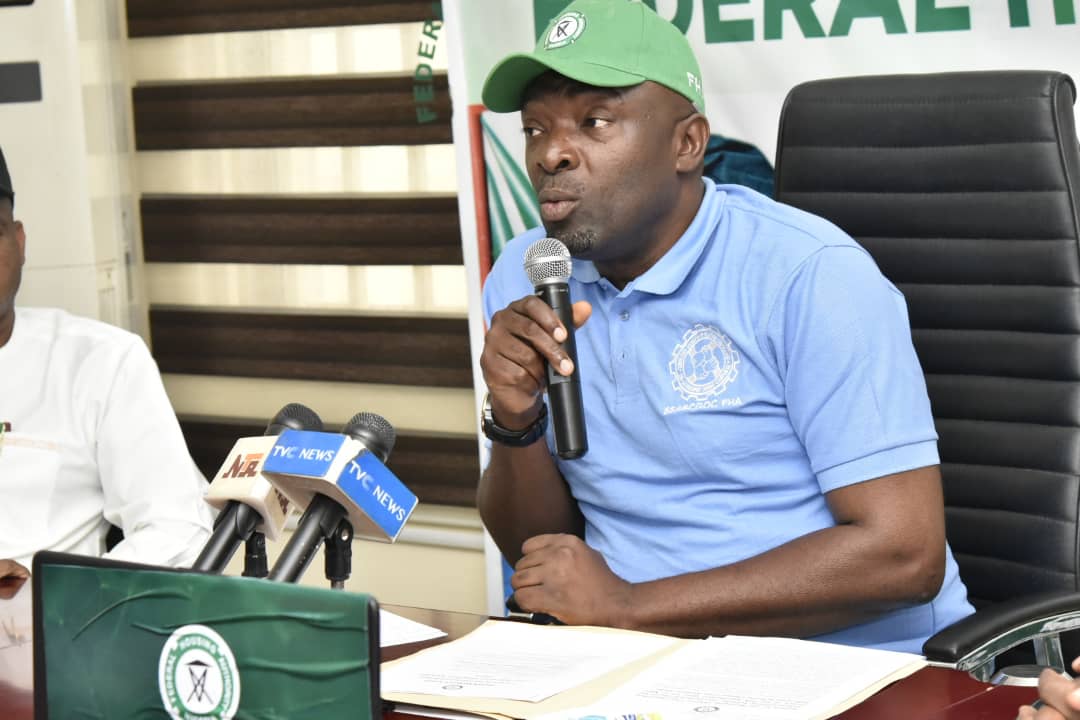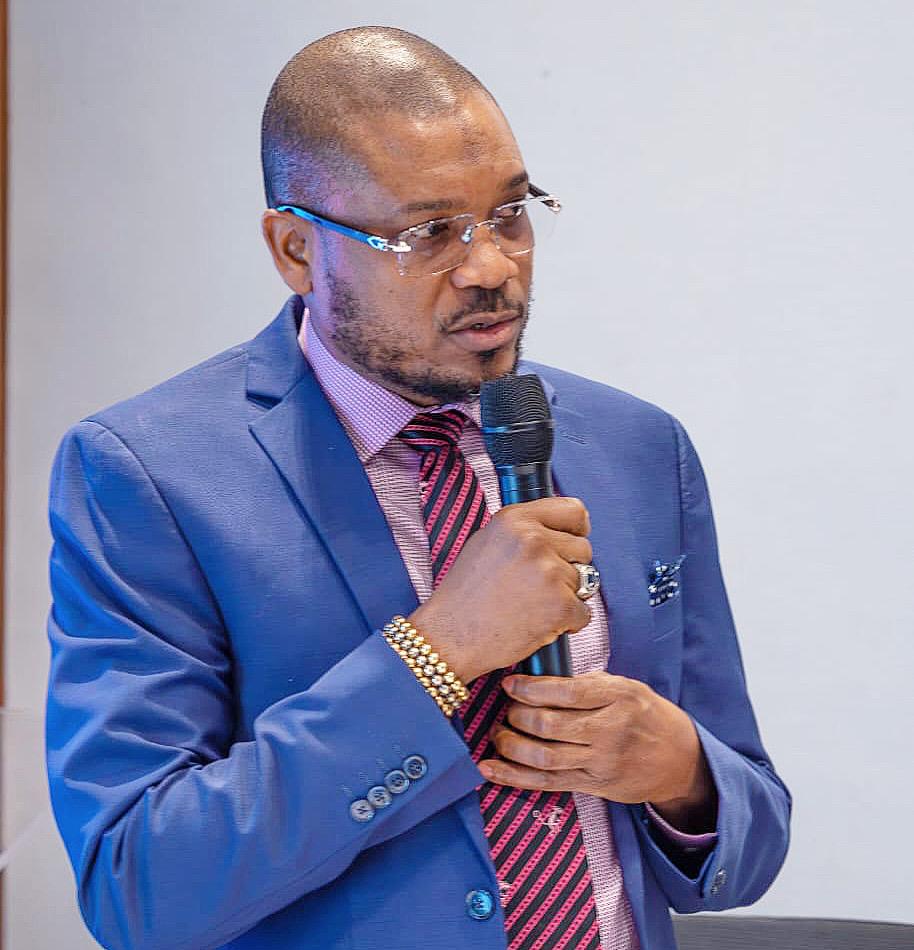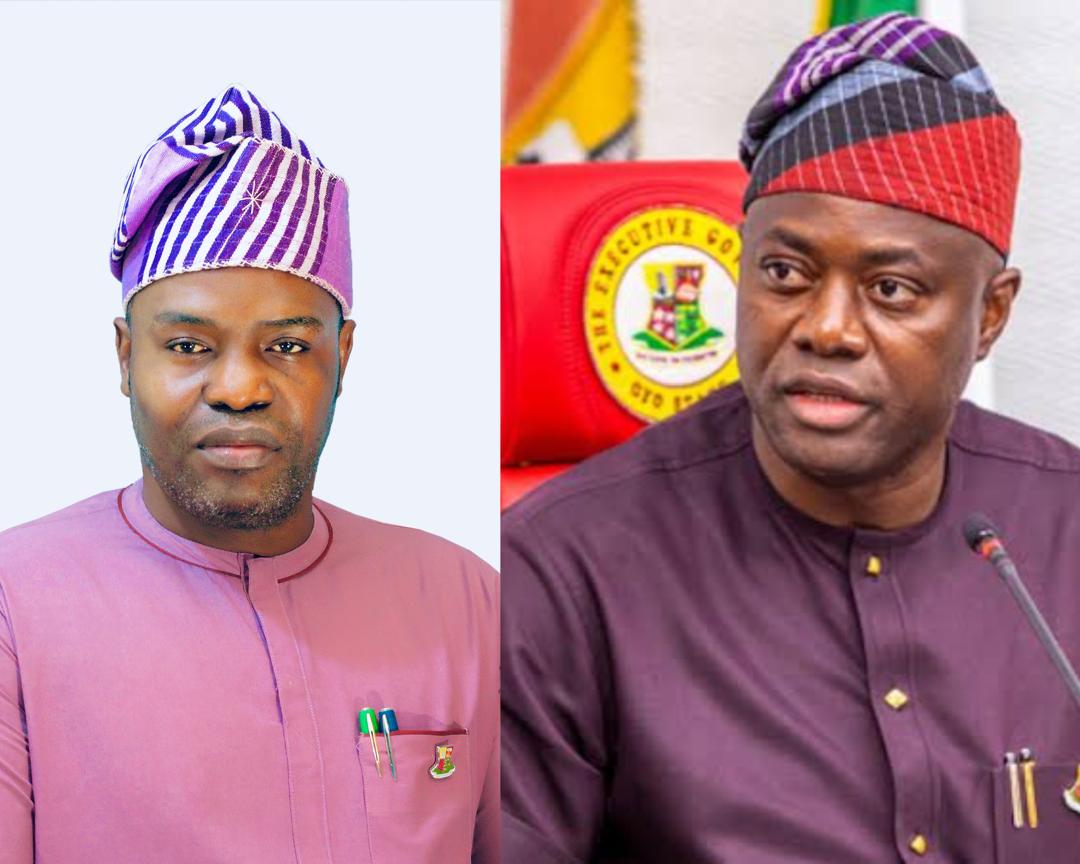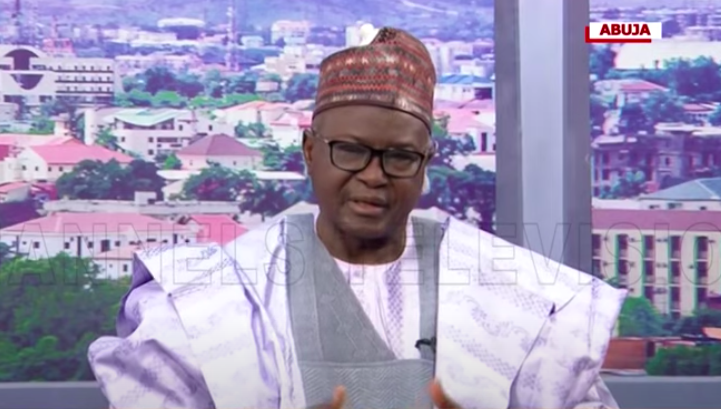We need to consult oracle to fight corruption in Nigeria – Reps member
A member of the House of Representatives, Hon. Yunusa Ahmad has said that the country needs to consult the oracle to fight the endemic corruption in Nigeria.
Ahmad made this revelation on Thursday in Abuja while welcoming questions from newsmen at the African conference on Debt and Development (AfCoDD II 2022) organised by Africa Network for Environment and Economic Justice (ANEEJ).
The federal legislator has affirmed that Nigeria had adequate laws to fight corruption, but revealed that those I’m governance have so perfected the act of stealing that it was so difficult to trace anything through paper.
He said that the National Assembly had been preforming its responsibilities through oversight and was passing relevant laws that were in tandem with the reality.
His words: “We played our roles. First, we assumed there were allegations of corruption. First, we check, is it the law that did not plug the loopholes? We look at the law, study them and then evolve laws that will be in tandem with the reality or modernity.”
Ahmad noted that one of the interventions made by the National Assembly was the enactment of Nigeria Financial Intelligence Unit (NFIU) Act, which separates it from the Economic and Financial Crimes Commission, EFCC, and the enactment of the Money Laundering Act.
He added: “In over-sighting too, we try to ascertain to what extent are the laws being obeyed. We discovered everything is there. In Nigeria, when you are trying to find fault through the papers, you will never get anything because the papers are neat.
“But when it comes to practical issues, that is why mystique is there. Last week, you heard when termites ate billions, sometimes we had snake swallow some money in JAMB. So, we really need to consult the oracle. The issue here is that the National Assembly is doing its job.”
Earlier, the Executive Director of ANEEJ, Mr. David Ugolor said the AfCoDD II 2022 brought together political, technical, and civic leaders from Africa to deliberate and agree on commitments that safeguard the macroeconomic sustainability of the continent towards achieving a new debt movement.
He said the meeting was about national civic movement building in a sustained manner beyond the current debt crisis.
Ugolor noted that Nigeria’s total debt stock had remained on a steady increase in the past six years, as statistics obtained from the Debt Management Office (DMO) showed that the Total Public Debt Stock, which comprises the Debt Stock of the Federal Government of Nigeria (FGN), 36 State Governments and the Federal Capital Territory (FCT) stood at $100.07 billion as at 31 March 2022.
He said external debt stood at $39,969.19 or 39.94 per cent, while domestic debts stood at $60,100.70 or 60.06%.
The Executive Director stressed that before now, government had maintained that its borrowings were still within allowable limits and sustainable ratios.
Ugolor pointed out that Nigeria’s fiscal position worsened in the first four months of the year as the cost of repaying debt surpassed the government’s revenue in the first quarter of 2022.
According to details of the 2022 fiscal performance report for January through April, Nigeria’s total revenue stood at N1.63 trillion, while debt servicing stood at N1.94 trillion, showing a variance of over N300 billion.
The Executive Director explained that Section 42(1) of the Fiscal Responsibility Act, 2007, provides that “The President shall, within 90 days from the commencement of the Act and with advice from the Minister of Finance subject to approval of National Assembly, set overall limits for the amounts of consolidated debt of the three tiers of government.”
“However, since the enactment of the FRA in 2007, the consolidated debt limits of the federal, states and local governments have not been set by any President,” Ugolor stated.
He recalled that a 2018 Fiscal Responsibility Commission Report revealed that efforts to ensure that a limit was set on the consolidated debt of the three tiers of government for a more sustainable management of public debt failed.
Ugolor said this had worsened debt management crisis and reinforced calls for reforms in the nation’s debt management architecture.

